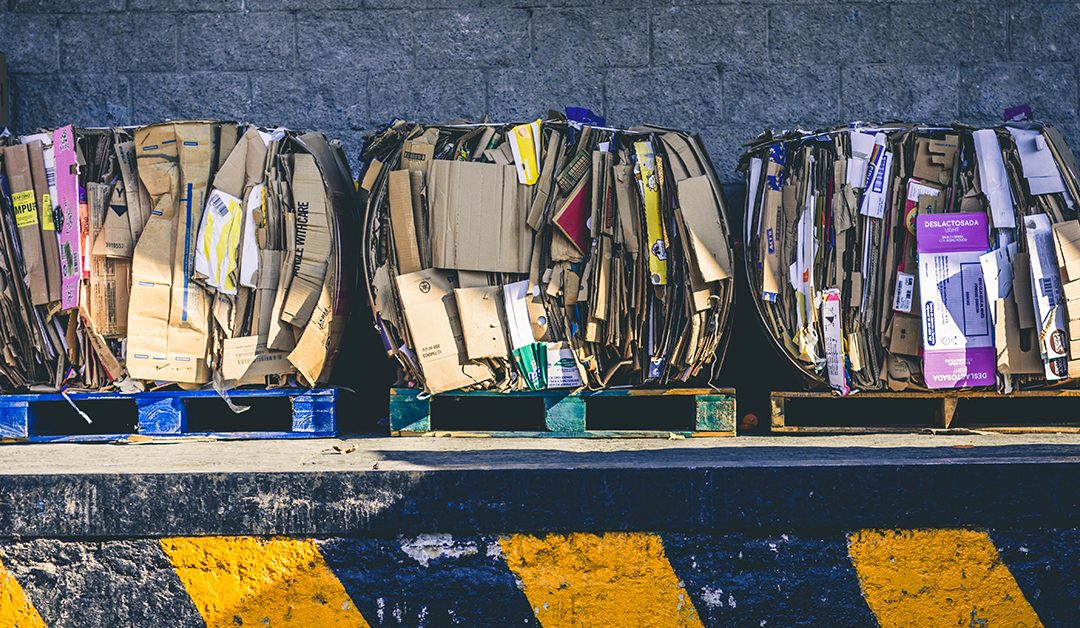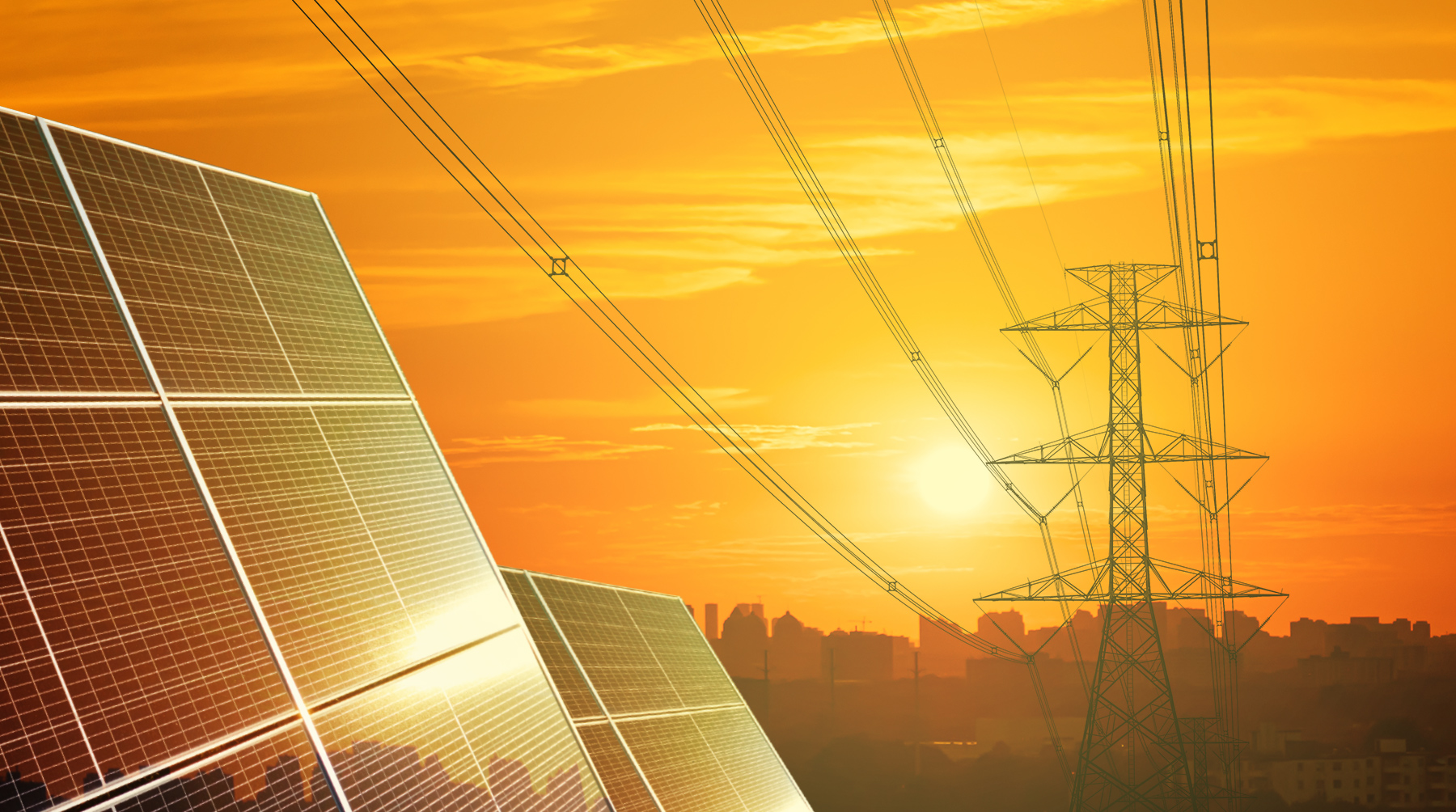I know we are normally all about renewable energy, solar and battery tech. But, it’s important not to put all your environmentally friendly eggs into the one basket.
Recycling is an important and simple activity that every Australian home can get involved in, to do their bit to help the environment.
But there is more and more uncertainty around what’s recyclable and what’s not. So here are seven recycling rules to help you get it right!
1. Clean, dry and empty to be recycle
As a rule, recyclables should be clean, dry and empty.
Small amounts of food won’t interfere in the glass and steel recycling process – you can recycle your tin of tuna and spag bol jars now. But there should be no solid food scraps left where possible for cardboard recycling.
Pizza boxes are one of the most commonly confusing when it comes to recycling. You will actually need to confirm with your local council in the first instance, as to whether they even accept these items for recycling. If they do, then just remove all the solid food scraps – the oil residue will be fine!
And if you’re worried about leaving food items in your jars and cans (for the stench), then a light rinse will do the trick!
2. Size does matter
Did you know that when items are being recycled, they are put into a machine that sorts them? Anything that is smaller than say, the size of a fist, will fall through the machine into waste.
So make sure you focus on the bigger recyclable items as a priority!
3. Flatten your boxes
This is a good one to keep in mind. While it might take a little longer for you, it’s going to makes the recycling process a lot simpler at the other end.
Flattened boxed not only help in simplifying the sorting process. But, when unflattened, boxes can actually cause blockages in the sorting machines.
If you needed another reason to do this, just think of how much more space you will have in your bin!
4. Don’t assume you can recycle aerosols
Rules with this one vary across the country, so definitely check out your local council website.
But, you will probably find that it is becoming more common for waste collectors to refuse to accepting aerosols for recycling. This is because of the high fire and explosion risk that waste workers are exposed to with these items – even if they have a recycling symbol on them.
In the same way gas bottles and batteries also fall into a similar category. Local councils will organise regular hazardous waste drop-off days. So keep an eye out for the next disposal day in your area (the Australian Battery Recycling Initiative is a good place to find your local collection point.)
5. Don’t bag your recyclables
Did you know that most councils won’t accept soft plastics like bread bags, the wrappings around toilet rolls, any “squishy” plastic bags in general for recycling. So make sure you leave these out of your recycling bins!
That means that bagging up your recycling items is a big no-no. Not only are they generally not accepted, but it also stops the items within from being sorted. Keep your items loose to ensure they don’t end up in landfill.
And when it comes to plastic bags, check with your local council or even your local grocery stores as they might have another way to recycle these items!
6. Magazines, staples and paperclips
At the moment paper can still be recycled if it contains staples and paper clips. But it might be good to start getting into the habit of removing these before putting your paperwork into the recycling bin.
It is forecast that quality thresholds on what is being recycled are due to further tighten and so this might become a requirement in the future.
And Magazines, with their glossy pages, can definitely be recycled! Make sure you chuck them in once you’ve finished with them.
7. Should you be shredding
No, we’re not referring to – what the gym goers call – building muscle. We are talking paper shredding. And guess what? It’s a big no-no when it comes to recycling.
All paper is recyclable, except when it’s really small – like when it’s shredded.
So make sure that you’re only shredding items that have confidential or sensitive information on them.
Now you have the answers go ahead and get recycling.
Already recycling but want to do more for the environment? Request a quote for your Intelligent Home Energy System today.



